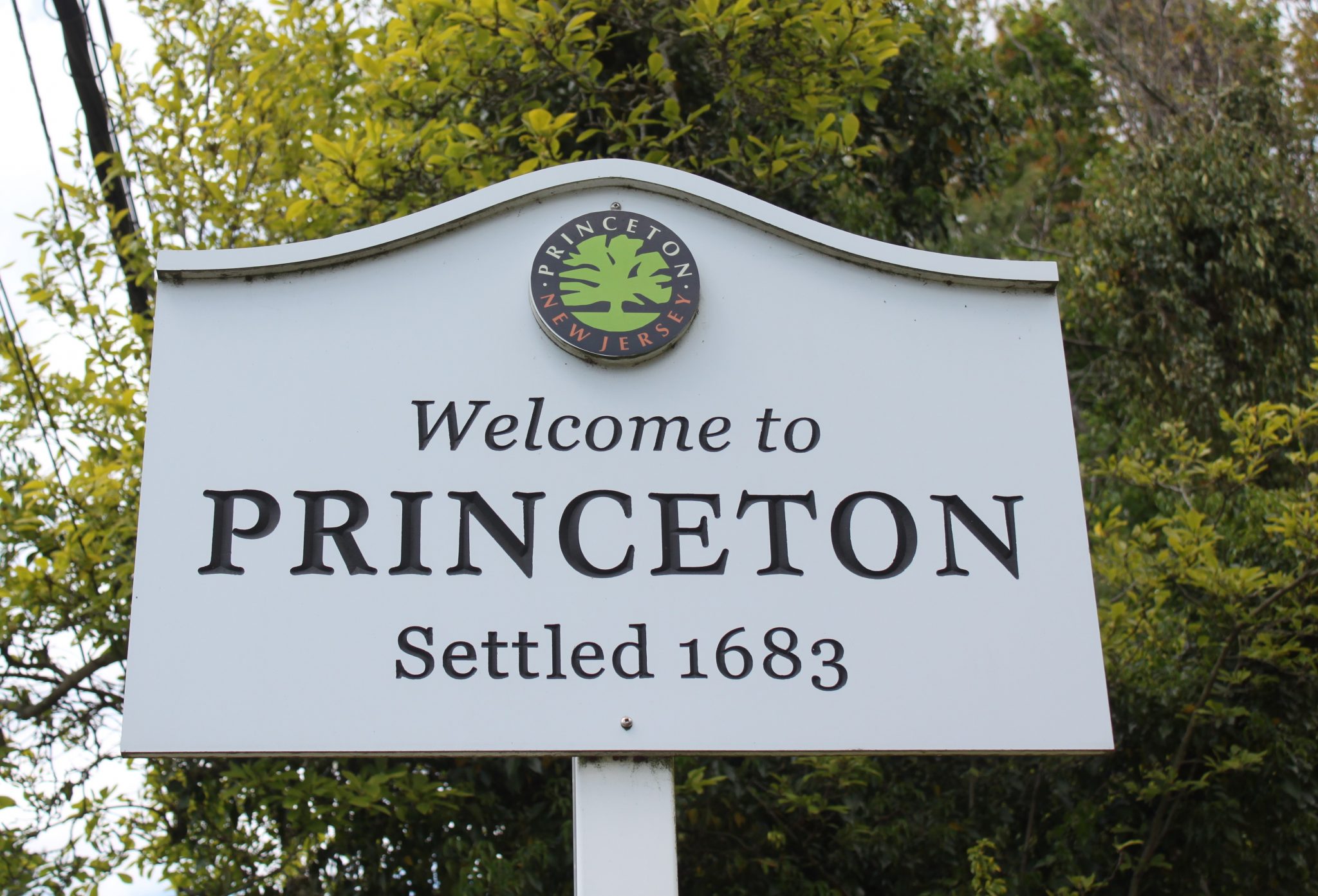Princeton officials are sending the message that hatred for Islam and hatred for Judaism have no home in this community.
The Princeton Council adopted a resolution at its Dec. 11 meeting condemning Islamophobia, similar to a resolution that it adopted in the beginning of the year that condemned antisemitism.
Both resolutions were sent to the Princeton Council by the Princeton Civil Rights Commission, which seeks to educate the community and take a stand against hatred and discrimination.
Princeton Civil Rights Commissioner Nick DiDomizio presented the resolution on Islamophobia to the Princeton Council at its Dec. 11 meeting.
“Before I speak about tonight’s resolution, I would like to express our gratitude to the Princeton Council for the unanimous passage of the antisemitism resolution earlier this year,” DiDomizio said.
The antisemitism resolution was a necessary first step toward educating the community and standing united against hatred and discrimination, he said. It was written with the hope that it would serve as a blueprint for future resolutions to address marginalized groups in Princeton.
The Civil Rights Commission began working on the Islamophobia resolution immediately after the antisemitism resolution was adopted, he said.
“We acknowledge the overlap with global events and know there is high sensitivity in the timing of passing this resolution,” DiDomizio said.
“We would like to emphasize that our resolution condemning Islamophobia is a stand-alone commitment to creating a community that rejects hatred in all its forms. It does not take any position on current foreign affairs, just as the resolution on antisemitism did.
“The Civil Rights Commission believes that passing the resolution on Islamophobia will send a message that Princeton is committed to creating an environment where everyone – regardless of their religion or faith – feels safe in their everyday life.
“Reporting instances of discrimination or bias crimes to the Princeton Police Department is of paramount importance,” DiDomizio said.
“The more that the police know, the better they can educate, inform and protect citizens.”
The Muslim American community has experienced periods of anti-Muslim hate, according to the resolution condemning Islamophobia. This includes the post 9/11 era, the Trump era and now in the aftermath of the Oct. 7 terror attacks in Israel.
“Harassment and discrimination as a result of Islamophobia on the basis of actual or perceived national origin, shared ancestry or ethnic characteristics with a religious group remains a persistent, pervasive and disturbing problem in contemporary American society. It fundamentally contradicts the values of our Princeton community,” the resolution said.
Muslims in America experience anti-Muslim discrimination in all aspects of their lives – at school, at work, when interacting with banks, on social media, when traveling at airports, when voting, when seeking health care and when interacting with police, the resolution said.
Among Muslims who have experienced discrimination in the past year, a significant number experienced it when applying for a job – 37% versus 6% of the general public.
At airports, Muslims are more than twice as likely as the general public to face secondary screening when entering the United States – 30% versus 12%. This is especially true for those who wear a hijab or headscarf, which are visible symbols of their faith, according to the resolution.
Data shows that Muslims are the most likely of all minority groups to be victimized by incidents of hate, and which are growing at an alarming rate, the resolution said. Those attacks have grown significantly since Sept. 11, 2001.
“What is particular in classic Islamophobia is the idea that Muslims are linked to terrorism,” the resolution said.
Muslim citizens are accused of being more loyal to a transnational Muslim community or to their countries of origin, or to the alleged priorities of Muslims worldwide, than to the interests of the people of New Jersey and the United States.
The Princeton Council “denounces and condemns Islamophobia, discrimination, racism, hate and violence in all of its manifestations and stands in solidarity with our Muslim community members,” the resolution said.
The Municipality of Princeton will ensure that information on Islamophobia will be made available as educational resources for all local public agencies, institutions and organizations responsible for addressing Islamophobia and other forms of discrimination.

